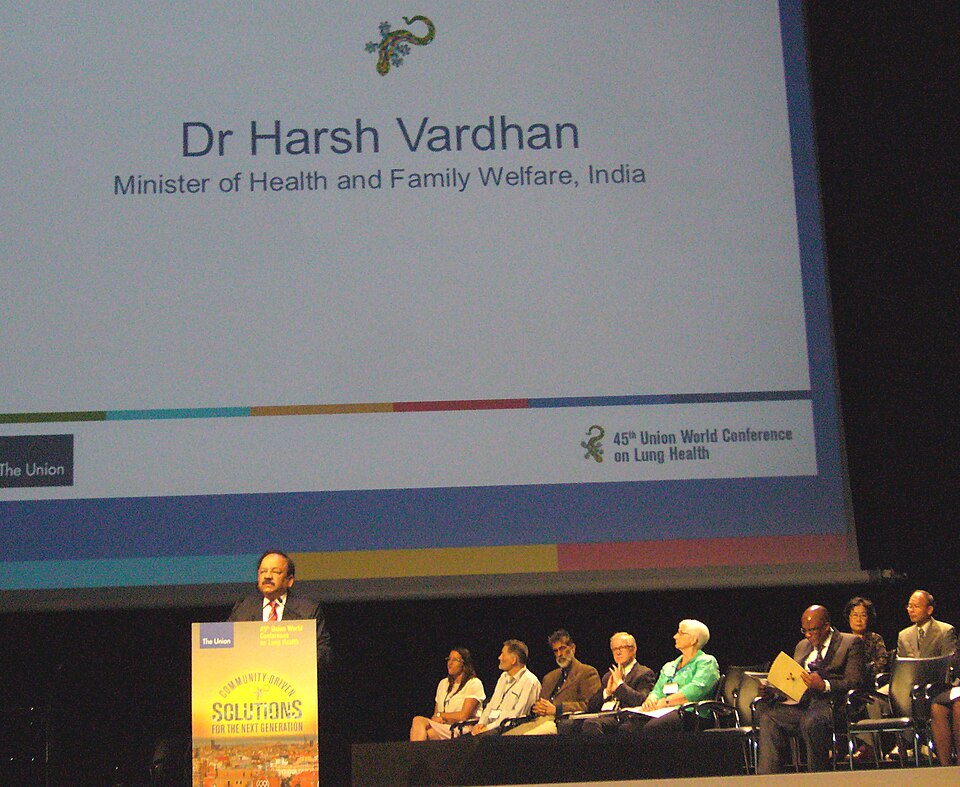Advancements in Pediatric OCD Treatment Expand Patient Access

Researchers at Brown University and Bradley Hospital are pioneering new methods to enhance access to evidence-based treatment for pediatric obsessive-compulsive disorder (OCD), a prevalent mental health issue among children in the United States. OCD, characterized by intrusive thoughts leading to compulsive behaviors, affects a significant number of young individuals, often escalating their anxiety and distress.
The primary treatment for OCD is exposure therapy, which involves gradually exposing patients to their sources of anxiety while providing supportive therapeutic intervention. However, a shortage of trained mental health professionals, coupled with increasing rates of anxiety and depression among youth, has created a gap in access to this crucial therapy. According to Dr. Jennifer Freeman, a professor of psychiatry and human behavior at Brown University and director of the Pediatric Anxiety Research Center, the goal of their initiative is to make effective treatment more widely available. "Our science drives our clinical work, and vice versa," Freeman stated. This iterative approach ensures that patient feedback informs ongoing research and the development of innovative treatment methods.
In a landmark study conducted in the early 2000s that involved collaboration with Duke University Medical Center and the University of Pennsylvania, researchers demonstrated the effectiveness of exposure-based cognitive behavioral therapy for treating pediatric OCD. This foundational research led to the establishment of guidelines that inform current treatment practices. Follow-up studies revealed that children with severe OCD often require more intensive interventions, highlighting the importance of family involvement in the therapeutic process.
Recognizing the need for accessible treatment options, the Pediatric Anxiety Research Center is exploring the integration of advanced technologies such as artificial intelligence (AI), virtual reality (VR), and magnetic brain stimulation into traditional therapeutic frameworks. These technologies have the potential to enhance the delivery and effectiveness of exposure therapy, making it more engaging and accessible for young patients.
Dr. Freeman's team has implemented a program based on their research findings, which emphasizes the necessity of intensive exposure therapy for severely affected children. In a 2013 initiative, the center began training practitioners to deliver therapy that incorporates family dynamics, thereby improving treatment outcomes.
The implications of this research extend beyond individual treatment. By increasing access to effective OCD therapy, the initiative aims to address a growing public health concern, particularly as mental health issues among youth continue to rise.
Looking ahead, the Pediatric Anxiety Research Center's commitment to innovation suggests a promising future for the treatment of pediatric OCD. As new technologies and methodologies are integrated into clinical practice, the goal remains clear: to ensure that every child suffering from OCD can receive the help they need, regardless of their circumstances.
In conclusion, the collaborative efforts of researchers and mental health professionals at Brown University and Bradley Hospital represent a significant step forward in the fight against pediatric OCD. By leveraging technology and maintaining a patient-centered approach, they are not only expanding access to treatment but also enhancing the overall efficacy of mental health care for children. The success of this initiative could serve as a model for addressing other mental health challenges in the future.
Advertisement
Tags
Advertisement





